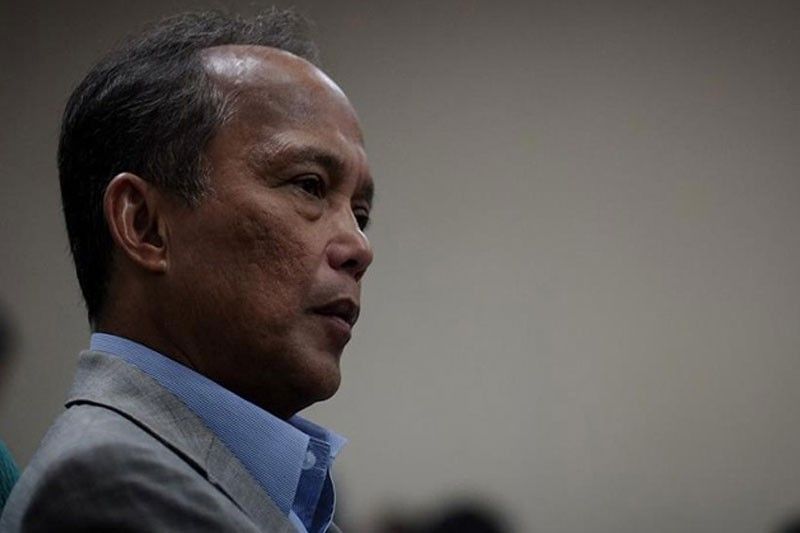Philippines still not ready for carbon tax — Cusi

MANILA, Philippines — The Philippines is not ready for carbon tax as this will make the country uncompetitive in terms of power rates, according to Energy Secretary Alfonso Cusi.
When he assumed office in 2016, Cusi said the country was struggling to meet power demand that is why the Duterte administration adapted a technology neutral stance in power development to shore up supply.
However, the country is still building up capacity by developing indigenous resources to establish energy security.
Cusi said investors have been pointing to the country’s high energy tariff as one of the issues in locating and investing in the country.
“Our objective for the Philippines is we would like to invite investors to locate in Philippines, especially those advocating clean energy. Our problem, one of the negative list… is because of our energy tariff. And we need to make our country competitive and to do that, we have to bring down the cost, find the balance…for reliable and secured supply,” he said during the virtual conference hosted by Siemens Energy yesterday.
Coal, which is still considered the country’s cheapest power source, corners 48 percent of the total power generation.
And with coal taking up a big chunk of the country’s power generation mix, Cusi said the country is not ready to impose a carbon tax.
“Burdening our generation with a carbon tax will make the Philippines uncompetitive. So, we’re not ready for a carbon tax,” Cusi said.
In carbon pricing, as defined by the World Bank, governments capture what are known as the external costs of carbon emissions and tie them to their sources through a price on carbon.
In 2017, lawmakers tried to push for the imposition of a carbon tax to help in renewable energy development and to meet the country’s goal of reducing carbon emissions.
At that time, Sen. Sherwin Gatchalian said imposing carbon pricing or carbon tax could help RE compete with conventional power plants like coal, while taking into account the negative impact of carbon emissions, such as health issues.
Moreover, a 2018 study by the International Food Policy Research Institute (IFPRI) said the Philippines could adopt carbon taxes as a strategy to increase renewable power generation and to help the country reduce its dependence on fossil-fuel power plants.
But Cusi stressed the need to transition slowly into cleaner energy while meeting the country’s growing power demand.
“We have issued a moratorium on greenfield coal power plants because we want to transition to cleaner energy,” he said.
Another important step in the country’s decarbonization efforts is the push for nuclear energy development.
Last December, the Nuclear Energy Program Inter-Agency Committee (NEP-IAC) led by the Department of Energy (DOE) submitted to the Office of the President a policy proposal to include nuclear power in the country’s energy mix.
- Latest
- Trending



























